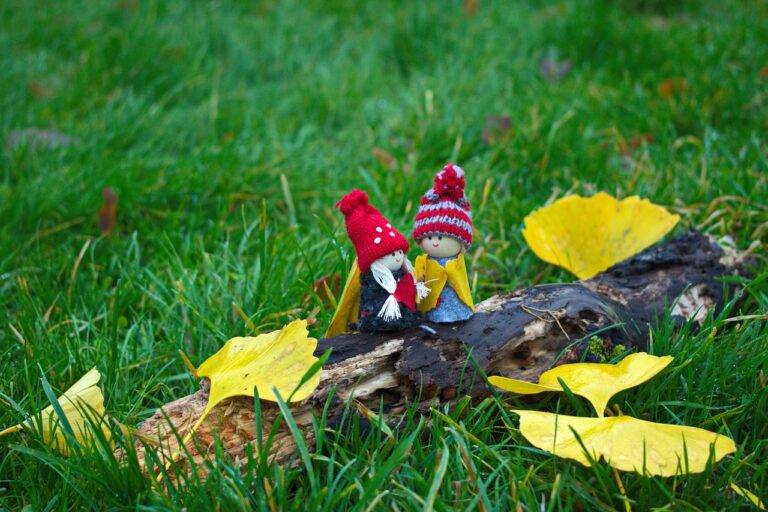The Benefits of Forest Schools: Nature-Based Education for Children
Immersive learning in natural environments offers a plethora of benefits for children’s development. Interacting with the natural world allows kids to engage all their senses, enhancing their cognitive abilities and fostering a deeper understanding of the world around them. Through hands-on experiences in nature, children are better able to grasp complex concepts and retain information more effectively.
Moreover, being immersed in natural surroundings sparks curiosity and encourages a sense of wonder in children. As they explore the outdoors, kids are constantly exposed to new stimuli and experiences, fueling their creativity and imagination. This kind of unstructured play in nature also promotes problem-solving skills and adaptability, helping children develop resilience and a greater capacity for innovation.
Encouraging Creativity and Imagination through Outdoor Play
Outdoor play offers children a boundless canvas to unleash their creativity. The natural environment provides a rich tapestry of textures, colors, and sounds that inspire imaginative play and storytelling. Whether building forts out of branches or pretending to explore uncharted territories, outdoor play encourages children to think outside the box and create their own worlds.
In the great outdoors, children have the freedom to let their imagination run wild. From transforming a pile of rocks into a magical kingdom to turning a simple stick into a wizard’s wand, outdoor play encourages children to see the world around them in new and exciting ways. Engaging in imaginative play outdoors not only stimulates creativity but also fosters problem-solving skills and social interaction as children collaborate and negotiate roles in their make-believe adventures.
Enhancing Physical Health and Well-being in Children
Spending time outdoors has been linked to numerous physical health benefits for children. The fresh air and open space provide opportunities for kids to move their bodies, engaging in activities that promote better cardiovascular health and overall physical fitness. Whether running, jumping, or climbing, children can build strength, coordination, and balance through outdoor play, leading to improved muscle development and enhanced motor skills.
Furthermore, exposure to natural environments can positively impact children’s mental well-being, which in turn contributes to their physical health. Studies have shown that being in nature can reduce stress levels, elevate mood, and increase overall feelings of well-being in children. This emotional well-being plays a crucial role in maintaining a healthy lifestyle and supporting physical health in the long run.





